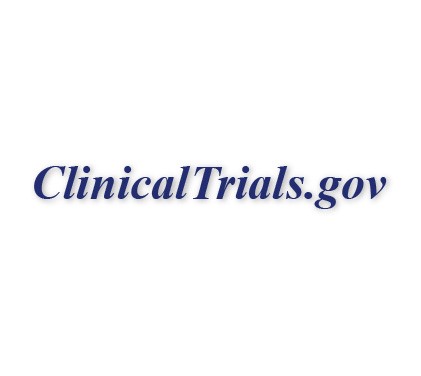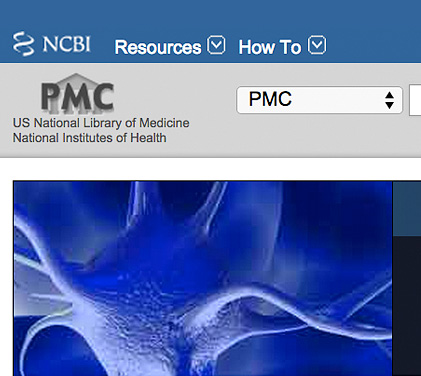Medline Plus
MedlinePlus disseminates reliable, up-to-date information about diseases, conditions, and wellness issues in easy-to-understand language. There are directories, a medical encyclopedia and a medical dictionary, tutorials on common conditions and treatments, medical videos, health information in multiple languages, extensive information on prescription and nonprescription drugs, and links to thousands of clinical trials. Below is a selection of health topic entries on depression and mental health.
- Antidepressants, includes information on different types of medications, side effects, and safe usage by women and teens.
- Child mental health includes information on signs of a serious problem, when to seek help, and treatments and therapies.
- Depression includes information on treatments and therapies, research, and understanding and living with depression.
- Mental disorders includes summaries of different mental illnesses, therapies, the role of genetics, and living with mental illness.
- Mental health includes the latest news on mental health issues, diagnosis and tests, and journal articles.
- Postpartum depression includes information on depression during and after childbirth.
- Teen mental health includes the latest news on teen mental health issues, treatment and therapies, current research, and journal articles.
ClinicalTrials.gov
ClinicalTrials.gov provides patients, their family members, health care professionals, researchers, and the public with easy access to information on publicly and privately supported clinical studies worldwide, on a wide range of diseases and conditions. Information about a study is generally submitted to the site when it begins, and updated throughout the study. Included are the details of the disease or condition being studied, the intervention being examined, requirements for participation, and study locations. The site is maintained by the National Library of Medicine.
There are many clinical studies related to depression. Below are examples of depression-related health topic links that generate up-to-date studies on the ClinicalTrials.gov site.
VISIT: ClinicalTrials.gov
PubMed Central
PubMed Central (PMC) is a free, full-text archive of biomedical and life sciences journal literature at the US National Institutes of Health’s National Library of Medicine (NIH/NLM). In keeping with NLM’s legislative mandate to collect and preserve the biomedical literature, PMC serves as a digital counterpart to NLM’s extensive print journal collection. Launched in February 2000, PMC was developed and is managed by NLM’s National Center for Biotechnology Information (NCBI).
The following full-text articles offer a glimpse into diverse discussions surrounding neurasthenia during the lifetime of both S. Weir Mitchell, MD, and Charlotte Perkins Gilman, as well as use of the term outside the United States in the present day.
VISIT: PubMed Central //www.ncbi.nlm.nih.gov/pmc/
VISIT: VISIT: National Center for Biotechnology Information: //www.ncbi.nlm.nih.gov
- Burton, Aldrich R. “Neurasthenia.” Journal of the National Medical Association 17, no. 1 (January–March 1925): 16–18.
- Daidoji, Keiko. “Treating Emotion-Related Disorders in Japanese Traditional Medicine: Language, Patients and Doctors.” Culture, Medicine, and Psychiatry 37, no. 1 (March 2013): 59–80. doi:10.1007/s11013-012-9297-4.
- Drummond, David “Neurasthenia: Its Nature and Treatment.” British Medical Journal 2, no. 2375 (July 7, 1906): 11–14.
- Goering, Laura. “‘Russian Nervousness’: Neurasthenia and National Identity in Nineteenth-Century Russia.” Medical History 47, no. 1 (January 2003): 23–46.
- Hamilton, G.V. “Meeting of November 8, 1910. The Etiological Significance of Persistent Affective States in Neurasthenia.” California State Journal of Medicine 9, no. 1 (1911): 37–41.
- Harrington, Mary. “Literature and the History of Neuroscience.” Journal of Undergraduate Neuroscience Education 5, no. 1 (Fall 2006): E5.
- “Neurasthenia Reconsidered.” British Medical Journal 1, no. 4094 (June 24, 1939): 1286.
- Rankin, Guthrie. “Neurasthenia: The Wear and Tear of Life.” British Medical Journal 1, no. 2209 (May 2, 1903): 1017–1020.
- Robinson, J.A. “Neurasthenia: Its Etiology, Diagnosis and Treatment.” Journal of the National Medical Association 4, no. 1 (January–March 1912): 20–26.
- Schwartz, Pamela Yew. “Why is Neurasthenia Important in Asian Cultures?” The Western Journal of Medicine 176, no. 4 (September 2002): 257–258.
- Strahan, J. “Puzzling Conditions of the Heart and Other Organs Dependent on Neurasthenia.” British Medical Journal 2, no. 1288 (September 5, 1885): 435–437.
- Tredgold, A.F. “So-Called ‘Neurasthenia.’” British Medical Journal 1, no. 3771 (April 15, 1933): 647–651.
- White, P. “Fatigue Syndrome: Neurasthenia Revived.” British Medical Journal 294, no. 6682 (May 6, 1989): 1199–1200.




